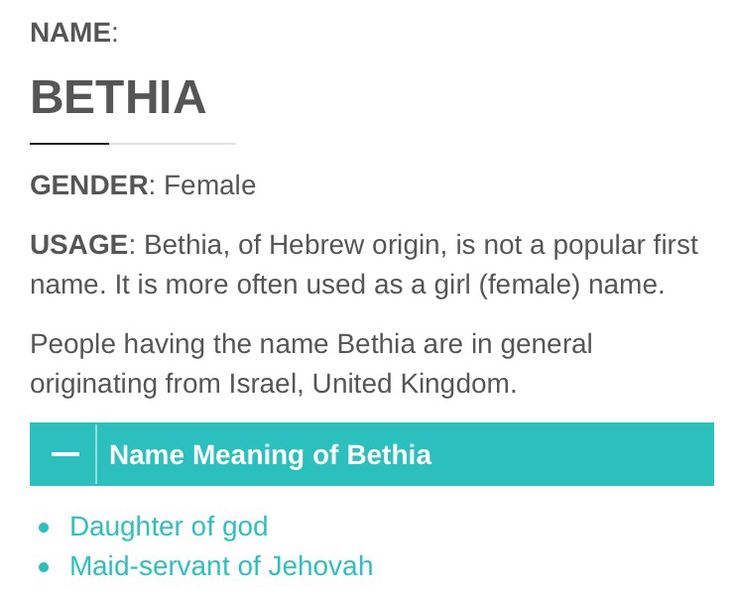In the vast tapestry of biblical names, “Bethany” emerges as a particularly evocative term. Its etymology, derived from Hebrew origins, imbues it with significant meaning and spiritual implications. To understand the name Bethany, one must delve into its intertwined biblical associations and the broader cultural resonance it holds within the Christian faith.
The name Bethany has its roots in the Hebrew phrase “beit ḥanany,” which translates to “house of the afflicted” or “house of dates.” This dual interpretation resonates profoundly with the locations and narratives found in the Bible. Historically, Bethany is recognized as a village situated close to Jerusalem, nestled on the eastern slope of the Mount of Olives. It serves as the home of notable biblical figures, including Mary, Martha, and Lazarus—siblings who occupy a significant place in the New Testament.
One of the pivotal events that transpired in Bethany is chronicled in the Gospel of John, where Jesus resurrects Lazarus. This miraculous act, wherein Jesus raises Lazarus from the dead, is a testament not only to Christ’s divine authority but also echoes deeper theological themes of resurrection and hope. In many ways, this narrative captures the essence of what Bethany symbolizes: a beacon of hope amidst suffering and despair.
The experiential dichotomy of “affliction” and “hope” encapsulated in the meaning of Bethany aligns with the human condition: a constant tension between hardship and the longing for solace. Such biblical narratives facilitate a rich exploration of how believers interpret their own journeys through faith. The village of Bethany becomes a microcosm of life’s struggles and the reassurance that faith can provide in navigating through darkness.
Moreover, the significance of Bethany extends beyond its geographical location. It emerges as a prototype of intimate relationships found in Christian communities. Within its bounds, Jesus shared profound moments with His friends—fellowship, emotional connections, and honest discourse. This communion further exemplifies how, even in a world rife with trials, the presence of Jesus transforms life’s tribulations into transformational experiences. The brothers and sisters depicted in scripture actively engage with Christ, embodying the relational dynamics cherished in Christian spirituality today.
Furthermore, the village serves as a significant backdrop for another moment of poignant revelation: the anointing of Jesus by Mary of Bethany. This event resonates with immense theological implications of devotion and sacrificial love. Mary’s act of washing Jesus’ feet with precious ointment epitomizes a deep sense of adoration, humility, and acknowledgment of Christ’s impending sacrifice. This narrative provides profound spiritual lessons about worship and the call to serve Christ with our whole selves, even amidst societal norms that may deem such acts extravagant or unnecessary.
Throughout the centuries, the spiritual significance of Bethany has inspired artists, theologians, and lay believers alike. Churches named Bethany emerge around the world, serving as loci of worship and community engagement. In contemporary times, these institutions often reflect the profound legacy of the village, standing as reminders of both its historical weight and spiritual lineage. Moreover, from personal narratives to collective worship experiences, the ethos of Bethany continues to resonate, inviting believers to live in authenticity and service.
During liturgical seasons, references to Bethany serve as salient reminders of themes like resurrection, hope, and devotion. In contrast to the bustling metropolis of Jerusalem, Bethany embodies a sanctuary for reflection and quietude. This juxtaposition invites a transformative engagement with faith. It ultimately serves as a call to retreat from the cacophony of life, fostering deeper communion with God and one another.
Yet, the fascination surrounding Bethany extends beyond its biblical references. Within the Christian consciousness, there lies an innate yearning for connection—both with the divine and with fellow believers. The name Bethany invites exploration into the very essence of what it means to be a part of a community that nurtures solace, shares burdens, and celebrates life’s milestones together. The village becomes a metaphor for spiritual kinship and the ever-hopeful anticipation of Christ’s presence in everyday experiences. This exploratory nature invites believers to visualize their own lives as journeys toward Bethany, marked by the pursuit of deeper understanding and fellowship.
In synthesis, the name Bethany evokes rich theological discourse and spiritual exploration. Both its literal meaning and biblical associations encapsulate the profound realities of human existence, fraught with affliction yet illuminated by hope. Beyond a mere geographical reference, it signifies the longing for community, connection, and the essence of sacrificial love. Bethany beckons individuals into an active engagement of faith—an invitation to partake in the transformative power of companionship with Christ and with one another. In doing so, Bethany remains a poignant and timeless name, forever woven into the narrative of Christian faith and life.



